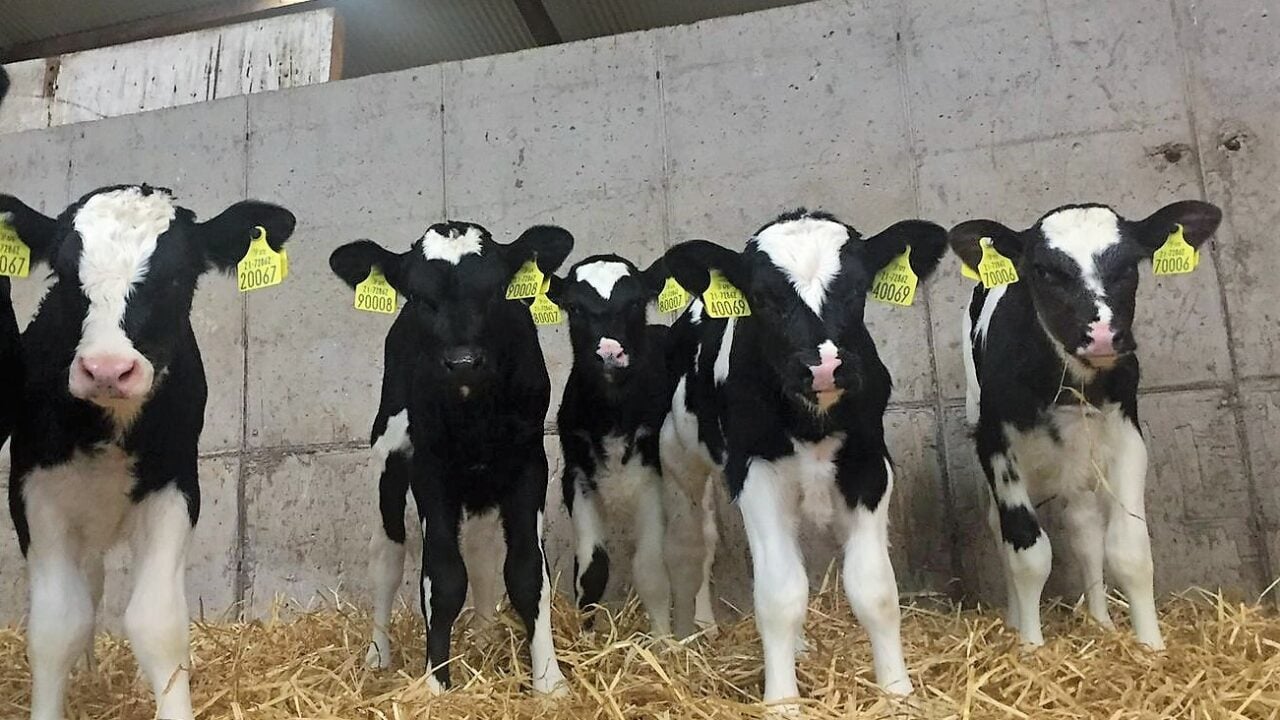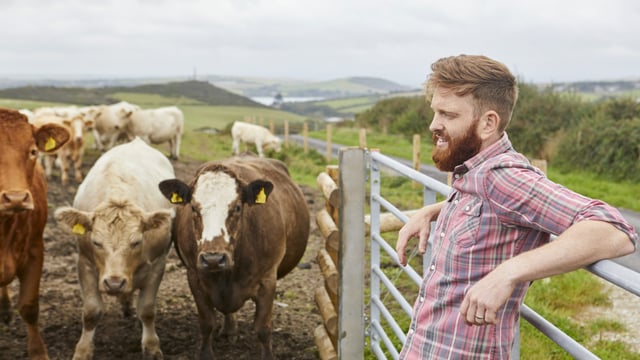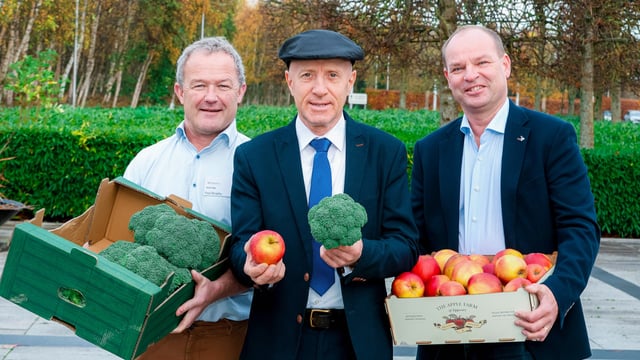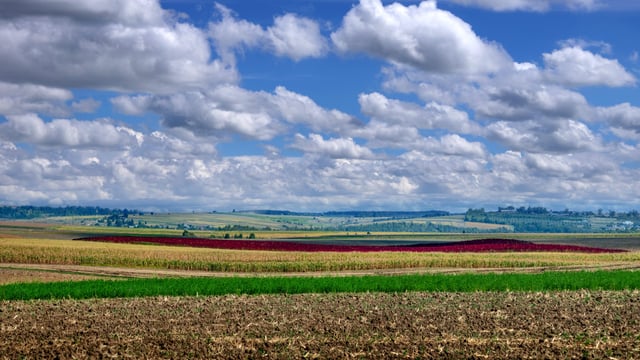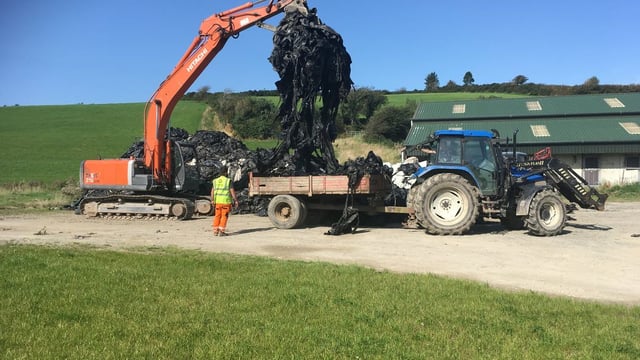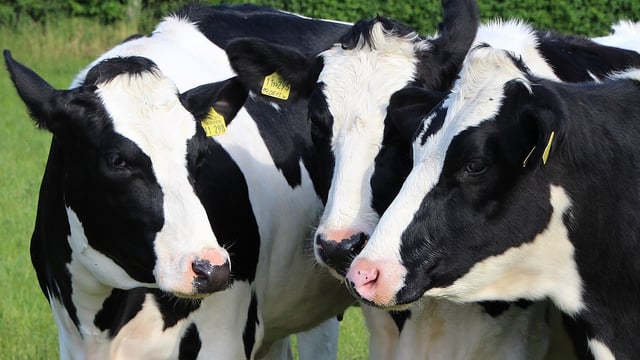Importance of water in the autumn calves' diet
When we think of rearing calves our minds automatically go to milk, but it is crucial to remember the important role water plays in the diet.
When a calf is first born, they will be fully dependent on a milk diet as their rumen is not yet developed.
However, after birth the rumen begins to develop quickly and concentrates, forage, and water begin to play more of a role in the diet.
These need to be readily available to the calf to ensure the rumen develops properly. The only thing that should not be available ad-lib is concentrates, with farmers typically having individual rations to suit their system.
Despite its importance, water remains one of the most overlooked components of the calves diet, especially as they move between pens during the busy season.
Water
Calves will require roughly 1L of fresh, clean drinking water during their first week, which will climb to approximately 4-5L a day by a month old. Calves usually drink 4L of water for every 1kg of ration.
The essential nutrient accounts for 70–75% of the calf’s body weight and plays a big role in rumen development through it's microbial population.
Starter ration is actually dependent on water, as the rumen needs the bacterial fermentation of the starter concentrate, and fermentation is dependent on the presence of water in the rumen.
During the fermentation process, butyric acid is produced and it changes the surface of the rumen from a smooth surface to a rougher surface (papillae), and this increases the surface area of the rumen, which is crucial for the absorption of nutrients.
Studies have previously shown that due to this, providing calves with water as well as milk replacer can increase growth rates by 38%.
As well as that, due to our climate, it is said that providing calves warm water of about 16–18˚ in temperature during cold weather may stimulate starter intake by up to 31%.
Autumn born calves will not have to worry about dehydration from heat for a while. However they may be prone to dehydration from scour and will need a continuous supply of water available to them during this period.
Another important function of water is seen when feeding milk replacers with high total milk solids, as it can alter the osmotic balance in the calf, as water is pulled out of cells which can then result in diarrhoea and dehydration.
However, when fresh water is available to the calf, it allows the calf to regulate their osmotic balance, which will lessen their chances of dehydration.
At the end of the day, it is important to check all water troughs are in reach of calves and working properly, and clean of any dung or bedding.

